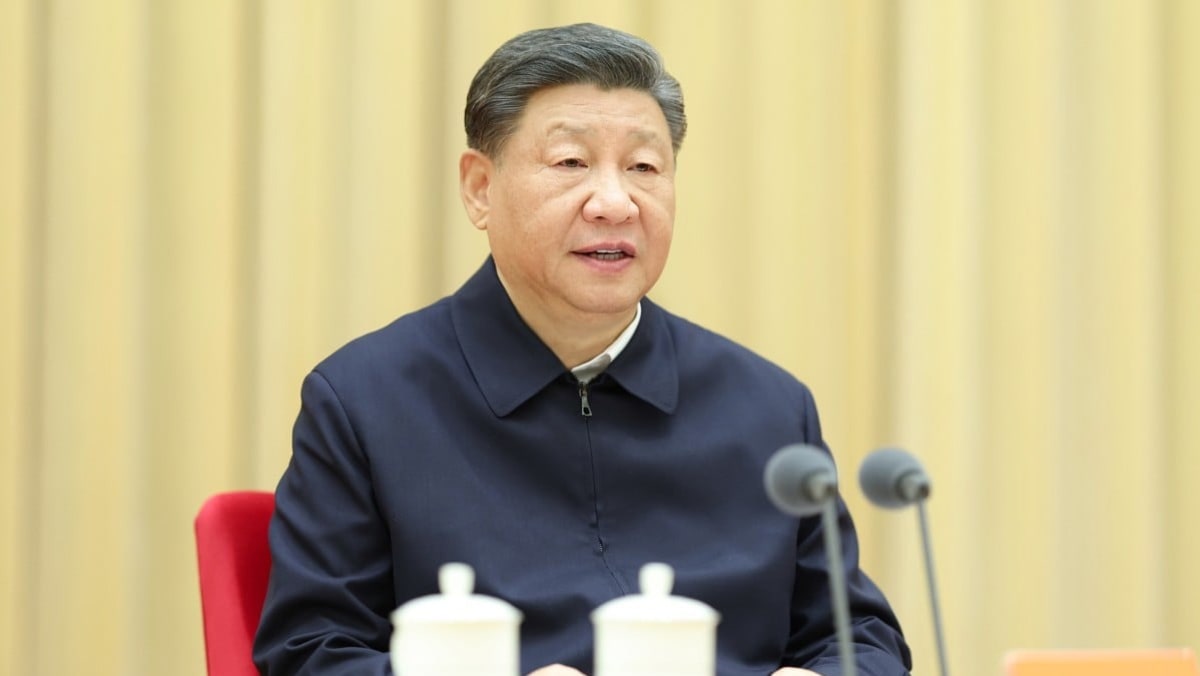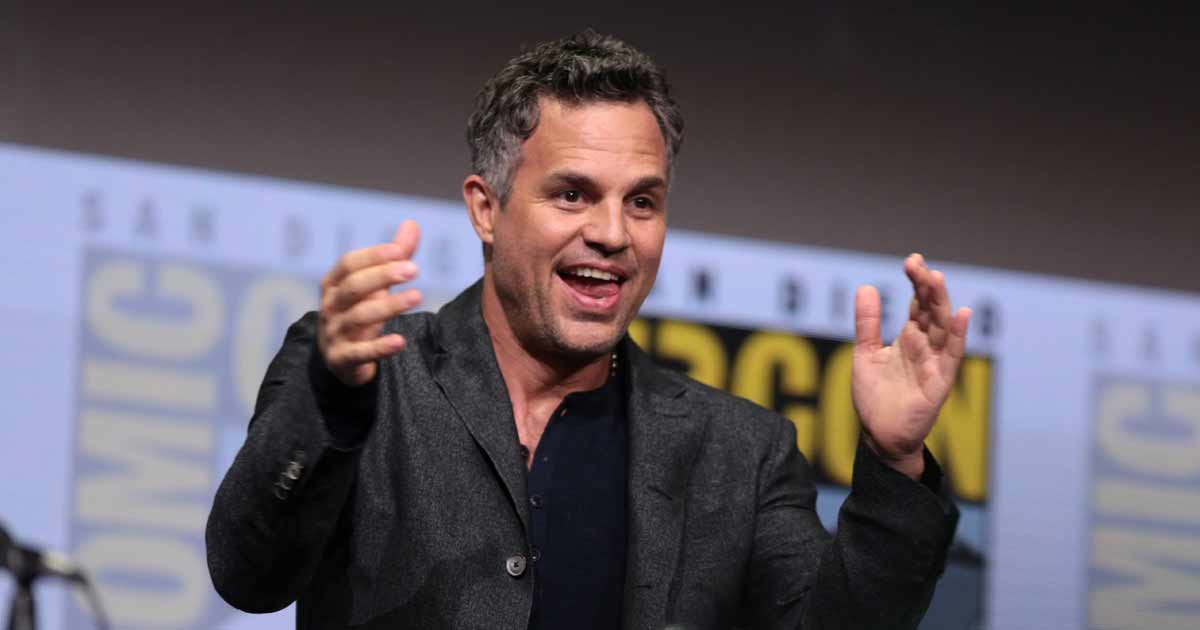He said Beijing would continue to “hold the international moral high ground and unite and rally the overwhelming majority in our world”, “carry forward our fighting spirit”, reject “all acts of power politics and bullying” and “leverage our institutional strengths” amid external uncertainties.
“An equal and orderly multipolar world is one in which all countries, regardless of size, are treated as equals, hegemonism and power politics are rejected and democracy is truly promoted in international relations,” he said.
“It is important to resolutely oppose the attempt to roll back globalisation and abuse the concept of security, oppose all forms of unilateralism and protectionism, firmly promote trade and investment liberalisation and facilitation, overcome the structural problems hindering the healthy development of the world economy, and make economic globalisation more open, inclusive, balanced and beneficial to all,” China’s president said.
“Changes of the world, of our times and of historical significance are unfolding like never before,” Xi said. “Yet the overall direction of human development and progress will not change, the overall dynamics of world history moving forward amid twists and turns will not change, and the overall trend toward a shared future for the international community will not change. We must have full confidence in these trends of historical impact.”
According to Su Hao, a diplomacy expert at China Foreign Affairs University which is affiliated with the foreign ministry, the rise of China and other developing countries has altered the global power landscape.
“Since modern times, the world has been dominated by the West. But now it seems that with the group rise of developing countries, it is obvious that the role and status of the West is declining, then the trend of multi-polarity in the world advocated by China pushes the world to form a balance of power structure,” he said in an interview with Shenzhen TV.
Su said as the world became increasingly volatile amid the Russia-Ukraine war and the Israel-Palestinian conflict, China faced strategic opportunities to act as a peace broker and a leader of the Global South in maintaining world peace and stability.
The Central Conference on Foreign Affairs Work has been held three times – in 2006, 2014 and 2018 – according to the state-owned Beijing Youth Daily.
Yun Sun, co-director of the East Asia Programme and director of the China Programme at the Washington-based Stimson Centre, said similar meetings on diplomatic work have been held almost every five years, including a meeting on periphery diplomacy in 2013.
“In 2018, it was the Central Diplomatic Work Conference. The pattern appears to be the diplomatic work conference is held the year after each party congress,” she said.
“The conference summarised the achievements of Xi’s diplomacy in the past decade and points out new priorities of Chinese diplomacy for the future. The key seems to be actively shaping China’s relationship with the outside world. The confidence in China’s path and its future is evident.”
Shi Yinhong, a professor of international affairs at Beijing’s Renmin University, said the meeting’s readout had largely reaffirmed what the party said in its political report at the 20th national congress last year.
“Instead of rolling out new policies, the statement seems rather general, and one needs to look more at China’s specific diplomatic behaviour,” he said.
It is not clear if the meeting implies a shift in China’s foreign policy direction ahead of a potentially more tumultuous time in the lead-up to presidential elections in the US and Taiwan.
“(To discern possible changes in China’s foreign policy), we may need to look at China’s major diplomatic acts – not just one act, but acts over a period of time. While the wording may be similar, the foreign policy may contain some new features over time,” he said.
This article was first published on SCMP.







